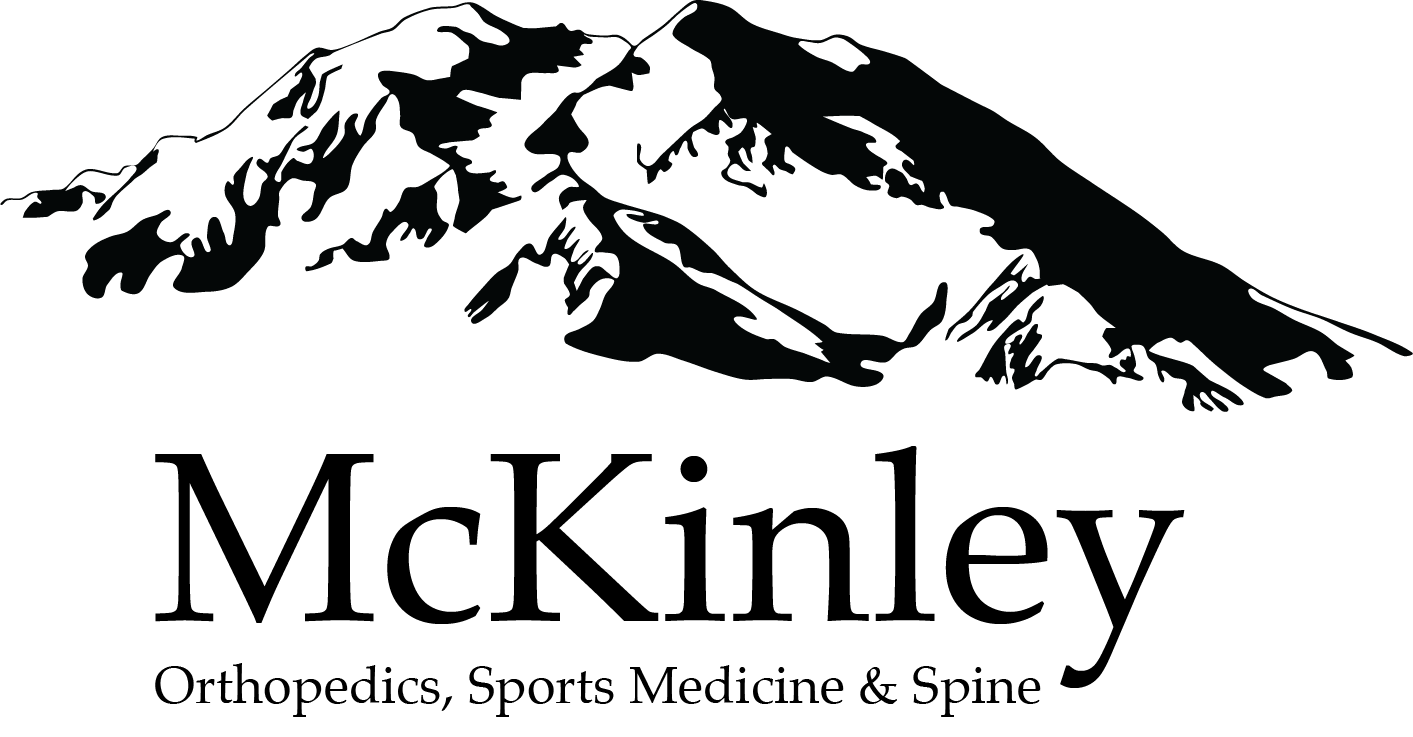Know your options
Non-surgical options for hip pain

Hip pain doesn't necessarily mean hip surgery. There are many options for you to discuss with your doctor to alleviate hip pain.
Exercise and weight control - Research shows that exercise is one of the best treatments for osteoarthritis. Exercise may help decrease pain, improve flexibility and maintain weight. A healthy diet can facilitate weight loss resulting in reduced stress on weight-bearing joints and limiting further injury.
Physical therapy - Your doctor may prescribe physical therapy as a course of treatment. It is important for you to work with your physical therapist and learn proper technique of your exercises. These exercises are specifically designed for your condition and may prove effective in building supporting muscles and loosening stiff muscles that cause pain.
Medication - Heat and Cold are non-drug ways that may relieve pain. A warm bath, hot packs or cold packs are simple techniques that may help with pain. Medicines commonly used in treating osteoarthritis include: acetaminophen, NSAIDs (nonsteroidal anti-inflammatory drugs), topical pain-relieving creams and sprays, narcotic painkillers , corticosteroids, and hyaluronic acid. Many medicines used to treat OA have side effects, so it is important for patients to learn about the medicines they take. Consult your doctor before using medications for pain relief.
Injections - Steroid injections may provide relief from hip pain. Your doctor will advise you on the efficacy of this treatment and monitor how effective this course of treatment is for you.
There are many other options promoted for relief of pain, and while some may be effective, others could be potentially harmful. Always consult your doctor before embarking on any course of care to ensure you will get the maximum benefit for your condition.
What is the right age for hip surgery?
What is the right age for total hip replacement surgery?

There are no absolute age or weight restrictions for total hip replacements.
Recommendations for surgery are based on a patient's pain and disability, not age. Most patients who undergo total hip replacement are age 50 to 801, but orthopaedic surgeons evaluate patients individually. Total hip replacements have been performed successfully at all ages.
References
- American Academy of Orthopaedic Surgeon website, https://orthoinfo.aaos.org/topic.cfm?topic=A00377
What is hip replacement surgery?
Is total hip replacement surgery for you?

The good news is that if you are considering total hip replacement surgery, you're not alone. According to the hospital billing data, each year more than 340,000 such procedures are performed in the US.1 Even better news is that the US Department of Health and Human services considers total hip replacement to be one of the most successful and cost effective interventions in medicine.1 In fact, the success rate for hip replacements 10 years after surgery is 90-95%.1
Of course, the decision to have hip replacement surgery should be a cooperative one made by you, your family, your primary care doctor, and your orthopaedic surgeon. The process of making this decision typically begins with a referral by your primary care doctor to an orthopaedic surgeon for an initial evaluation.
Important safety notes
Hip replacement surgery is intended to relieve hip pain and improve hip function. However, implants may not produce the same feel or function as your original hip. There are potential risks with hip replacement surgery such as loosening, fracture, dislocation, wear and infection that may result in the need for additional surgery. Longevity of implants depends on many factors, such as types of activities and weight. Do not perform high impact activities such as running and jumping unless your surgeon tells you the bone has healed and these activities are acceptable. Early device failure, breakage or loosening may occur if you do not follow your surgeon's limitations on activity level. Early failure can happen if you do not guard your hip joint from overloading due to activity level, failure to control body weight, or accidents such as falls. Talk to your doctor to determine what treatment may be best for you.
References
- American Academy of Orthopaedic Surgeon website, orthoinfo.aaos.org/topic.cfm?topic=A00377
When is hip surgery recommended?
How do I know when it's time to consider surgery?

There are several reasons why your doctor may recommend hip replacement surgery. People who benefit from hip replacement surgery often have:
- Hip pain that limits everyday activities, such as walking or bending
- Hip pain that continues while resting, either day or night
- Stiffness in a hip that limits the ability to move or lift the leg
- Inadequate pain relief from anti-inflammatory drugs, physical therapy, or walking supports.
Important safety notes
Hip replacement surgery is intended to relieve hip pain and improve hip function. However, implants may not produce the same feel or function as your original hip. There are potential risks with hip replacement surgery such as loosening, fracture, dislocation, wear and infection that may result in the need for additional surgery. Longevity of implants depends on many factors, such as types of activities and weight. Do not perform high impact activities such as running and jumping unless your surgeon tells you the bone has healed and these activities are acceptable. Early device failure, breakage or loosening may occur if you do not follow your surgeon's limitations on activity level. Early failure can happen if you do not guard your hip joint from overloading due to activity level, failure to control body weight, or accidents such as falls. Talk to your doctor to determine what treatment may be best for you.
All information provided on this website is for information purposes only. Every patient's case is unique and each patient should follow his or her doctor's specific instructions. Please discuss nutrition, medication and treatment options with your doctor to make sure you are getting the proper care for your particular situation. If you are seeking this information in an emergency situation, please call 911 and seek emergency help.
All materials copyright © 2019 Smith & Nephew, All Rights Reserved.

